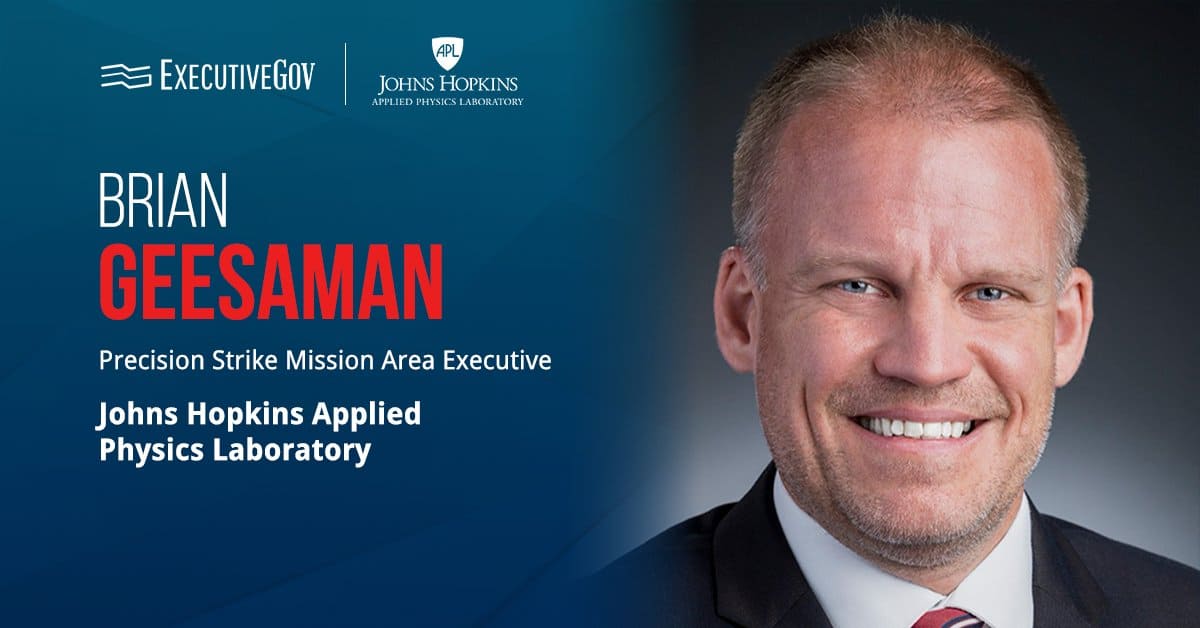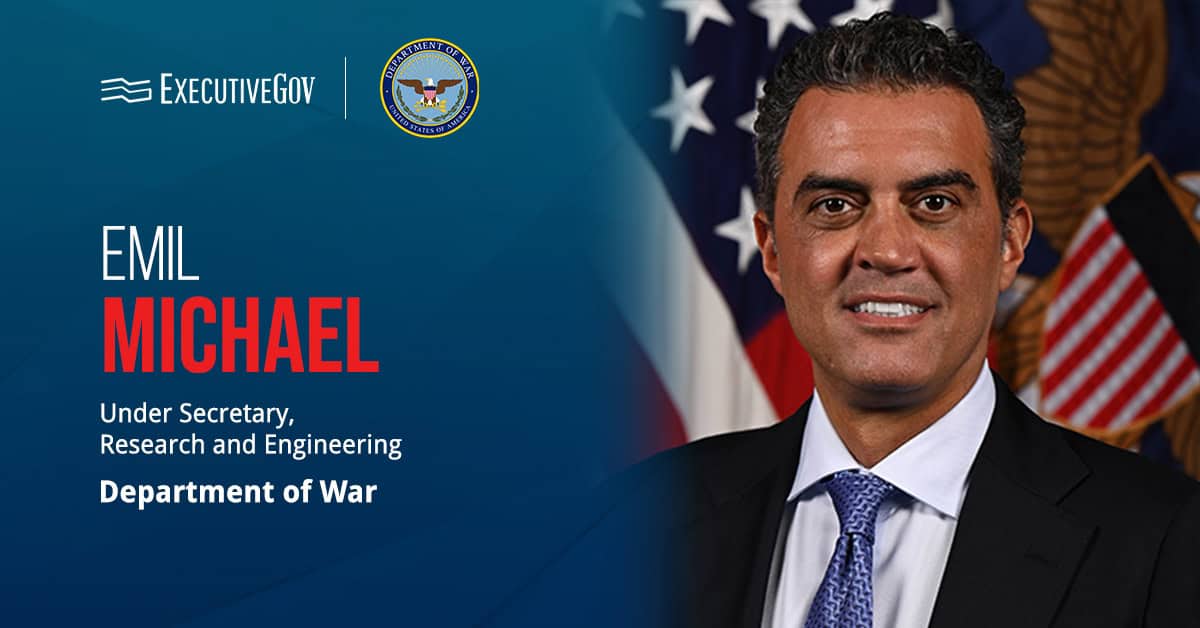
Sens. James Lankford, R-Okla., and Maggie Hassan, D-N.H., introduced a bill intending to better examine and deliver the way federal agencies provide customer service to U.S. citizens. The Federal Agency Customer Experience act would task agencies to conduct surveys and gather input on overall satisfaction, accomplishment of goals, customer treatment and timeliness regarding government customer service, Lankford’s office said Wednesday.
The Office of Management and Budget and General Services Administration will develop questions for the surveys.
“Customer service should not be reserved for the private sector; the federal government should pay attention to its customers: American taxpayers,” said Lankford who chairs the Senate’s Subcommittee on Regulatory Affairs and Federal Management.





